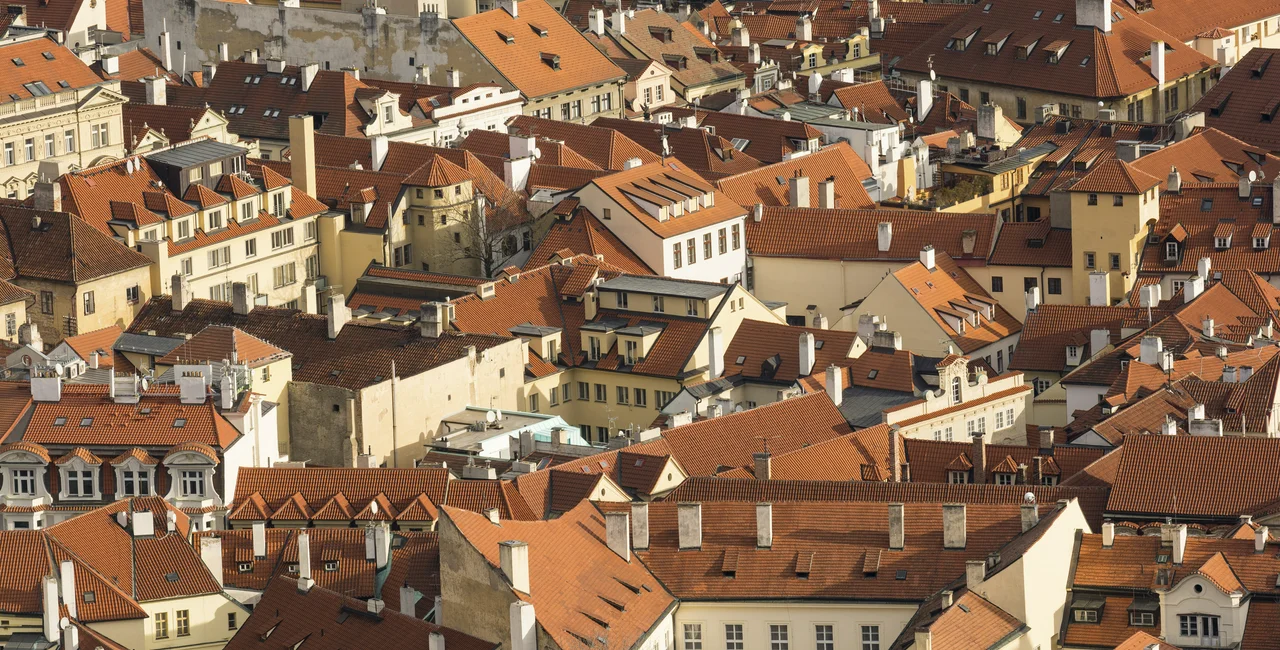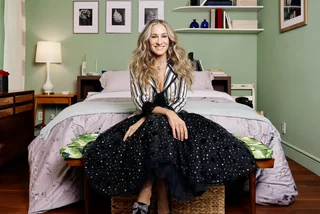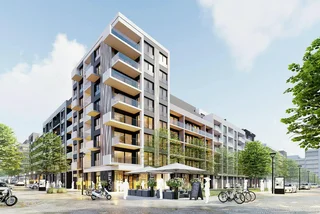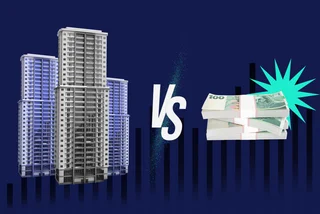Rent prices for housing are continuing to rise and will do so in the near future, according to experts. This is putting housing out of reach for some people, especially young people just starting out.
Rental housing has been under pressure from all sides. Higher mortgage prices mean many people are choosing to rent instead. Tourists and students have returned to using short-term rental flats after the Covid pandemic, and refugees from Ukraine have taken up affordable housing. On top of that, there is inflation and rising energy costs.
Rents are expected to continue to rise over the next 12 months. In Prague, they could increase by 3 percent to 4 percent, or approximately CZK 500 per month, Viktor Mejzlík, co-founder of GarantovanyNajem.cz, said.
The unavailability of housing caused by high interest rates and real estate prices, together with the rising rental price, will affect young people in particular, Mejzlík said. Even after completing their studies, they will use less comfortable options, such as shared apartments or staying longer with their parents, so that they can save as long as possible to buy their own, he said.
But not everyone is so pessimistic. While the price and demand for rental housing will probably continue to rise, people will not be willing to pay enormously high amounts due to rising energy prices. Any increase will take place at a moderate pace, a study of domestic real estate experts by the Swiss company PriceHubble stated.
The average rental price per square meter in the Czech Republic increased by almost 11 percent year on year, according to the Realitymix.cz portal. In Prague, rents rose by 15.6 percent according to the analysis of the development companies Trigema, Skanska Reality, and Central Group. This was due largely to a lack of supply.
"The poorer availability of owner-occupied housing and higher interest in rental housing go hand in hand with the recovery of the tourist industry, which probably returns part of the supply on the market to short-term rentals. All this translates into more expensive rents.
According to the latest data from the Czech Statistical Office (ČSÚ), they are increasing in price the fastest in the last decade (by 5 percent year-on-year on average) and it is likely that the rate of rent inflation may even accelerate," Patria Finance chief economist Jan Bureš said in a web post.
The availability of one's own housing is among the worst in Europe, and the increase in interest rates by the Czech National Bank (ČNB) has also led to a significant increase in the price of mortgages. "In such a situation, it is difficult to assume that interest in rental housing will cool down. Further rent increases in the autumn will probably go hand in hand with the continued increase in energy prices," Bureš added.
Properties with an area over 70 square meters are becoming harder to find. the number of apartments of this size has decreased by over 54 percent year-on-year in Prague. Currently, there are 1,960 apartments available for rent in Prague, while last year there were 4,300 available. In Brno, there are 300 available, a year-on-year decrease of 30 percent less. In Plzeň, the supply fell by 37 percent to about 100 apartments, according to data from GarantovanyNajem.cz,
The average rental price per square meter increased in all regional cities with the exception of Ústí nad Labem, according to Realitymix.cz. It rose by 23 percent year on year in Brno and by 17 percent in České Budějovice. In Prague, according to Trigema, Skanska Reality, and Central Group, it is CZK 360 per square meter, its highest since 2016. The average price of short-term rent is CZK 28,500 per month.












 Reading time: 3 minutes
Reading time: 3 minutes 




























